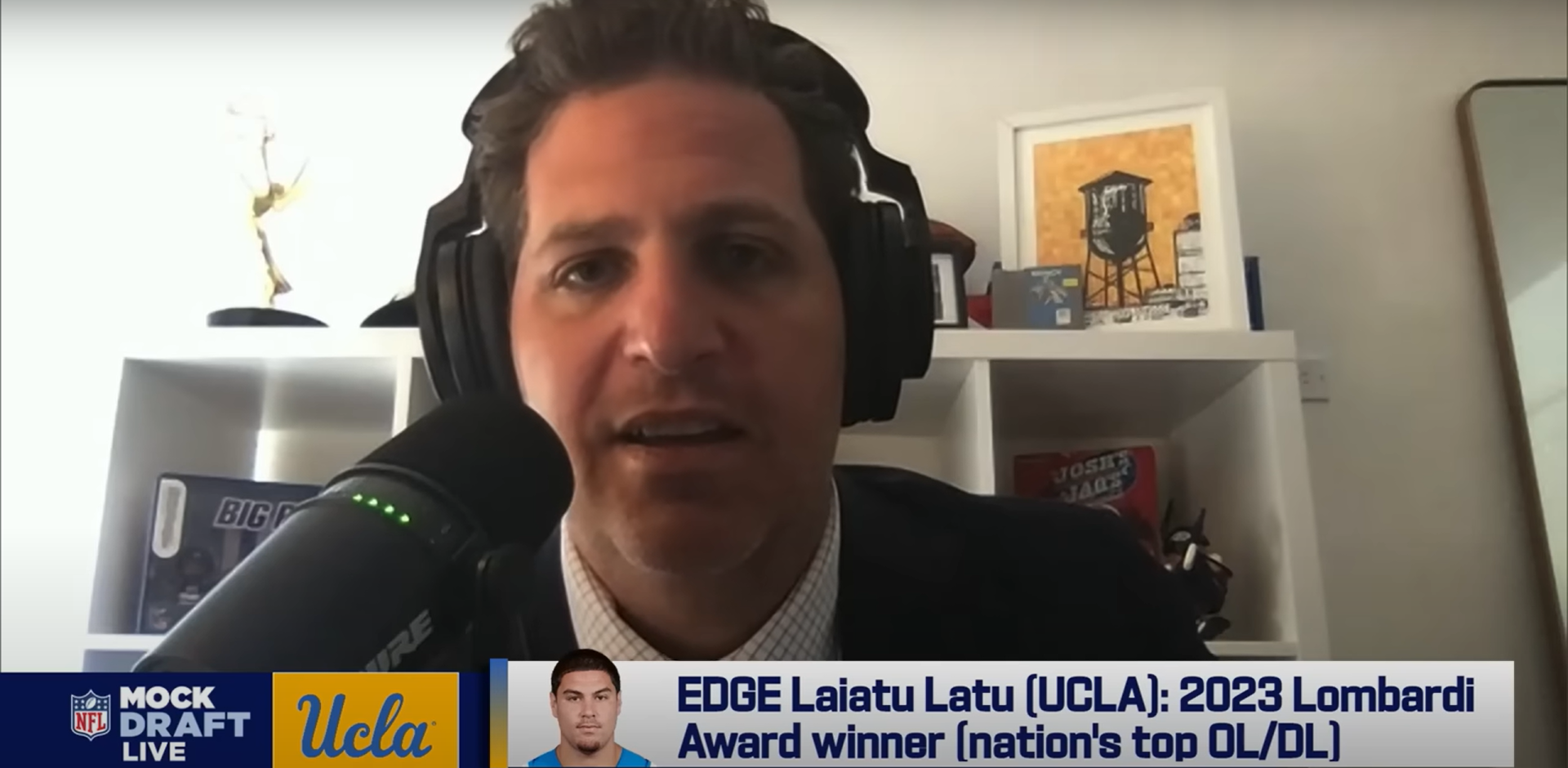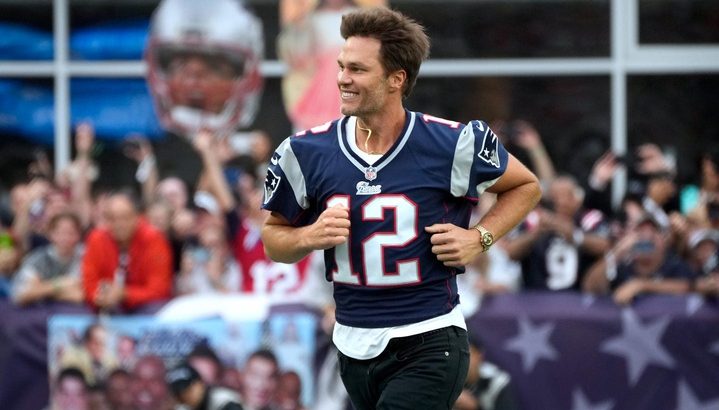When you go to a sporting event, there’s a lot about the stadium experience you take for granted. Maybe there’s a special promotion that prompted you to buy tickets. Perhaps you were lucky enough to get access to a luxury suite. Or there’s someone special or unusual that your children want to see.
The first family behind attracting people to the ballpark is the Veeck family. Think of them as the P.T. Barnum of baseball: they’ll try anything to get you into the circus tent. The Saint of Second Chances focuses on Mike Veeck, son of the late Bill Veeck, the Hall of Fame baseball owner. The Netflix documentary, which debuts Tuesday, looks at Mike’s late-inning comeback after a disastrous public setback.
It’s tough enough to follow in your father’s footsteps, especially when he’s famous. Trying to live up to the last name can be emotionally exhausting. Mike Veeck initially wanted nothing to do with baseball, but eventually got lured into it by his dad. He went to work for his father, the owner of the Chicago White Sox.
Mike Veeck became infamous for Disco Demolition Night, which remains the worst-case example of a promotion gone horribly wrong. The Saint of Second Chances unpacks the details behind what happened because it sets the stage for the entire film.
“I was just trying to draw people,” Mike Veeck said in the film. “We were financially in trouble.”
Something that was supposed to be innocent fun turned out into anything but. On July 12, 1979, the attendance-starved White Sox hosted an amusing promotion during a doubleheader against the Detroit Tigers and the White Sox. Fans got a 98-cent ticket if they brought a disco record to Comiskey Park. After Game 1, those records were blown up.
The good news is that the largest crowd of the year showed up. The bad news is that thousands of disco detractors poured out onto the field.
A riot broke out. A bonfire was set. Equipment was destroyed and stolen. Additional police officers were called in, and arrests were made. The incident had ramifications beyond the White Sox’s forfeit of the second game of the doubleheader.
The ugliness contributed to Bill Veeck eventually selling the team to Jerry Reinsdorf in 1980. And Mike Veeck became a punchline and persona non grata.
To the film’s credit, The Saint of Second Chances addresses the racism and homophobia behind the promotion, as well as the crowd’s reaction. Mike Veeck acknowledges that in hindsight, “he wouldn’t have done it” if he thought it would hurt anyone. In the documentary, you can clearly see the pain in his face. But that pain also served as fuel for his comeback.
Mike Veeck reinvented himself as the owner of the independent St. Paul Saints. Because that team was not affiliated with major league baseball, he enjoyed total autonomy. He could run the operation the way he wanted to and experiment.
There, Veeck took chances on people. Those included a banished nun, a blind color commentator, a female pitcher, and Darryl Strawberry.
The talented and troubled Strawberry played just 29 games for St. Paul in 1996. But it was a crucial stint because it led to Strawberry’s return to the majors.
The Saint of Second Chances isn’t just about second chances. The documentary takes a sharp and sad turn at the end. Rebecca Veeck was next in line to be the next baseball innovator in the family. However, Mike Veeck’s daughter passed away in 2019 due to Batten disease, a rare genetic condition. She was only 27.
Narrated by actor Jeff Daniels and directed by Academy Award-winner Morgan Neville and Jeff Malmberg, the documentary also features actor Charlie Day, who plays Mike in the reenactments. The Saint of Second Chances is an earnest story about a man who tried to escape his father’s influence but wound up embracing it.
The Saint of Second Chances comes from a production partnership between MLB Studios and Netflix. It debuts on Netflix on Tuesday.







